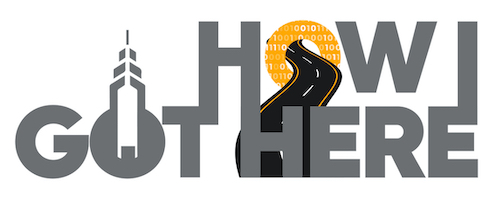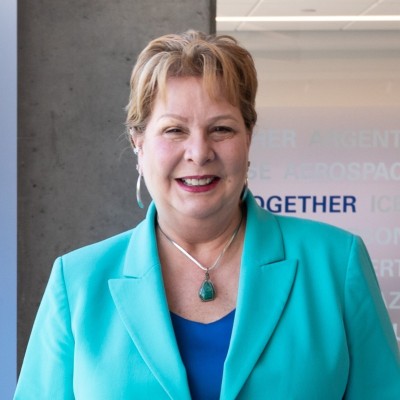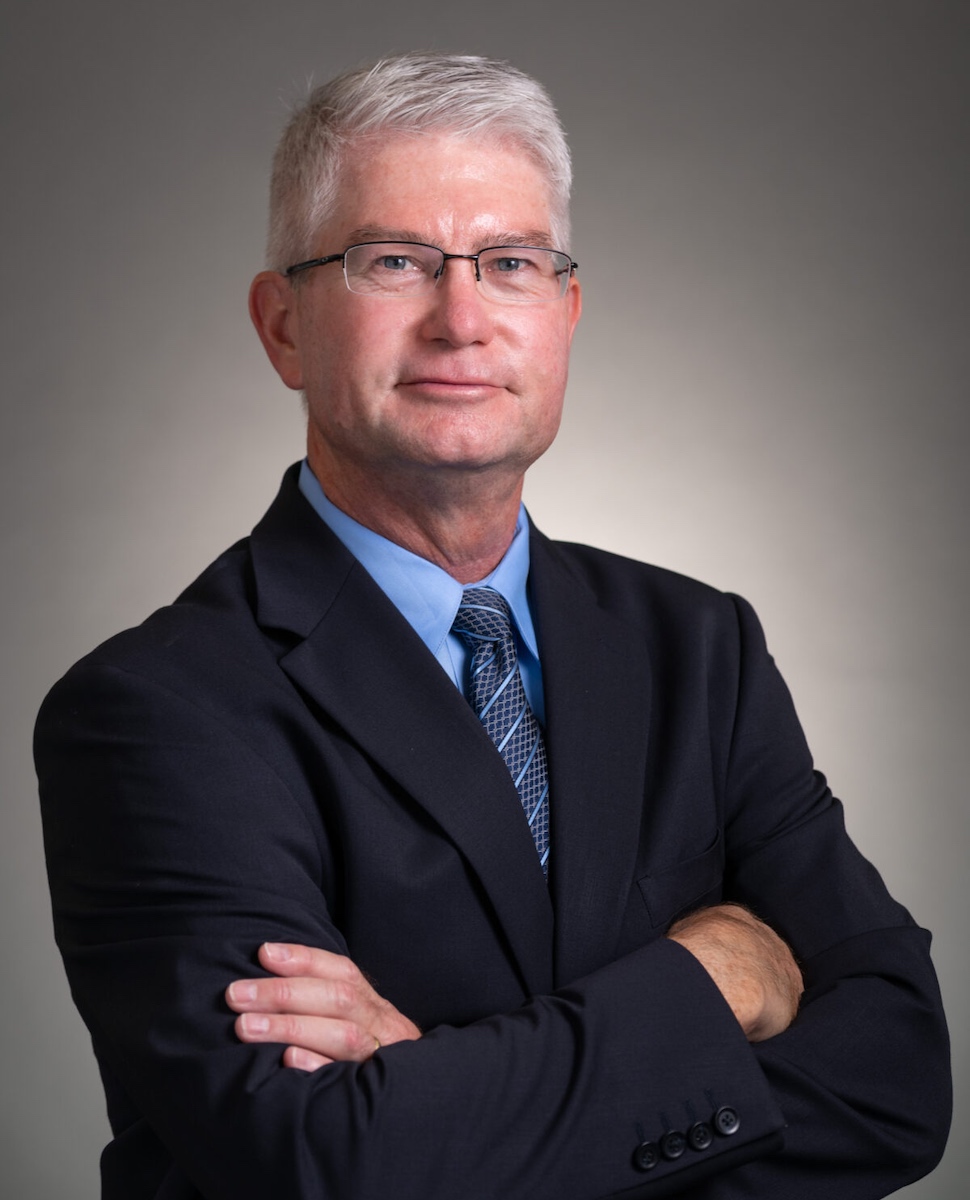
This is How I Got Here, a series where we chart the career journeys of technologists. Want to tell your story? Get in touch.
When Carnegie Mellon University’s students and staff want to turn their new tech ideas into startups, Charles Dougherty is there to help them obtain patents and protect their ideas.
“We have a group of licensing managers here that I support that work with the various professors that are doing the research and, and inventing the technologies,” said Dougherty, the intellectual property and operations director for the school’s Center for Technology Transfer and Enterprise Creation. “A typical day could be anything from [a] brand new relationship with technology that we’re trying to license out to something that’s existed for four or five years that has already been licensed. And we need to need to make some strategic decisions of what we’re going to do with those licenses.”
Since 2008, 137 startups have licensed CMU-owned IP through the Center for Technology Transfer. Some of the most well-known companies whose tech have made its way through the Center for Technology Transfer and Enterprise Creation include places like Argo AI, Aurora and even Duolingo.
Dougherty, who obtained a bachelor’s degree in biology from Gannon University in 1983 and a master’s degree in animal science from Penn State University in 1985, said he didn’t envision a career in intellectual property law during his college days. In fact, after he graduated from college, Dougherty worked for years as a technical sales manager for Alpharma Animal Health and as an animal nutritionist for Kodak.
The change in Dougherty’s trajectory came, he said, when his business unit was acquired by Rhône Poulenc, a French company. Dougherty started learning more about how technology made it from the laboratory to the marketplace. He was so intrigued he decided to go to Duquesne University for law school and make intellectual property law his focus.
“I’d asked my employer to support me going back to school, and that’s where I got introduced in pursuing a career in intellectual property,” Dougherty said. “The idea was [that] I’d had the technical background in the research development experience, I had the business side that they had taught me, and I thought, a law degree with a focus on intellectual property would help me be a better deals person.”
Once he had a JD in hand, the division he worked for was sold once again so he made the decision to go into private practice. First as a full-time intellectual property attorney at Reed Smith for 33 years. Later, he’d take on pursuits such as establishing and leading a life sciences practice at Beck and Thomas — another law firm — which specialized in serving intellectual property clients whose work revolved around pharmaceutical and medical device products. After so many years in private practice, Dougherty said, he came to CMU in 2019 because he had good relationships with some of the individuals who worked in the technology transfer department.
“It was an easy transition to come in, and they needed help in an area that I could help them in, is really what it amounted to,” Dougherty said.
Looking back, Dougherty said his career turned out radically different than the path he’d originally planned, but that isn’t a bad thing. While the landscape of technology and the laws that govern it are always changing, Dougherty said, something you can never go wrong with is being open to the unexpected.
“One thing I wished I’d known that I didn’t know is to just be open to whatever opportunities come down your way,” Dougherty said. “The career path that I have had, if you couldn’t plan it, just kind of have to be open to being able to do different things. I moved from the lab, into product into business, into law into private practice back into university, you wouldn’t plan that career. Just kind of have to be open to the opportunities to see what presents itself.”
Atiya Irvin-Mitchell is a 2022-2024 corps member for Report for America, an initiative of The Groundtruth Project that pairs young journalists with local newsrooms. This position is supported by the Heinz Endowments.Join the conversation!
Find news, events, jobs and people who share your interests on Technical.ly's open community Slack

RealLIST Connectors 2024: Meet 20 leaders spreading innovation throughout Pittsburgh

This Week in Jobs: Get out there with 22 new job opportunities available to you!

'Be bold': This digital innovation and business strategist urges fellow women leaders to be their authentic selves



